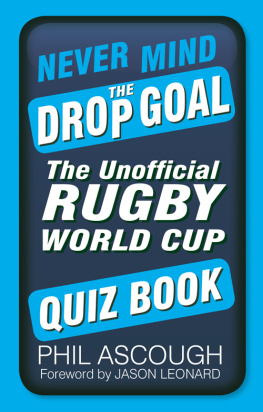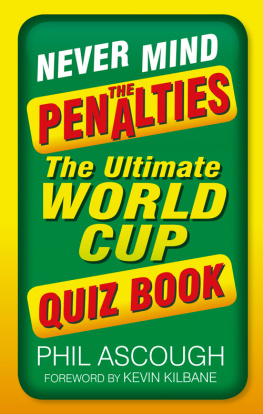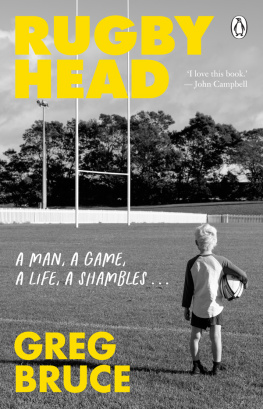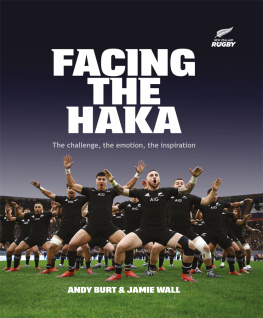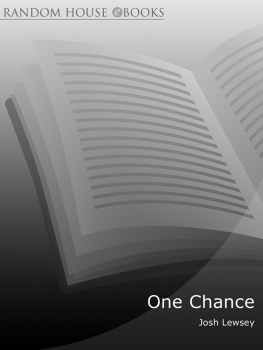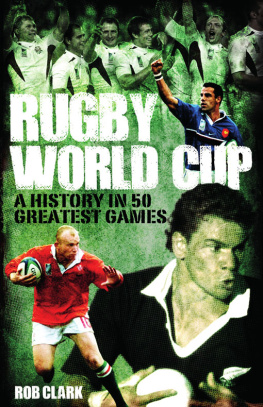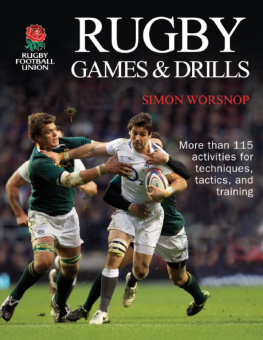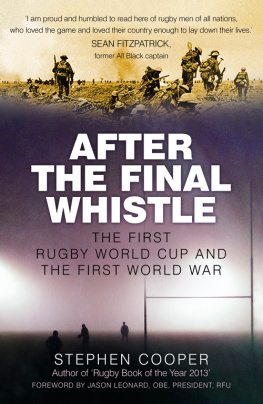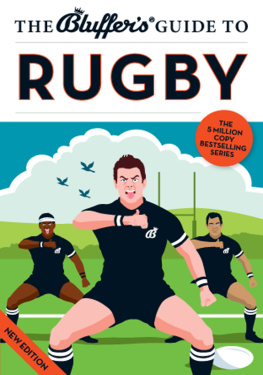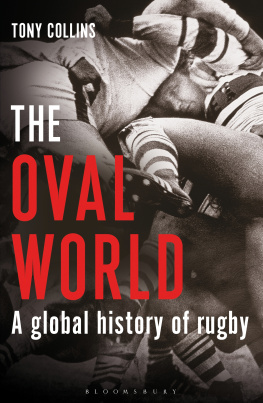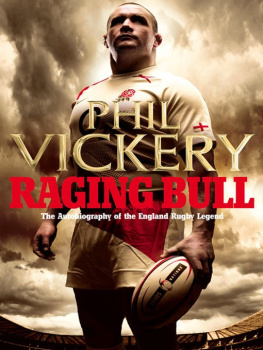
Contents
Round 1 |
Round 2 |
Round 3 |
Round 4 |
Round 5 |
Round 6 |
Round 7 |
Round 8 |
Round 9 |
Round 10 |
Round 11 |
Round 12 |
Round 13 |
Round 14 |
Round 15 |
Round 16 |
Round 17 |
Round 18 |
Round 19 |
Round 20 |
Round 21 |
Round 22 |
Round 23 |
Round 24 |
by Jason Leonard
M aking my England debut at the age of 22, against Argentina in 1990, it would have been hard to contemplate ever having the chances to create the career I experienced during those fourteen years of pulling on that England jersey and the opportunities it has afforded me post-retirement.
With 114 caps for England and three tours with the British and Irish Lions, I was lucky enough to not only play in the biggest games in world rugby but to also be part of the winning side on plenty of grand occasions. Through sport you will always get the predictable knocks and strains of a front row rugby player, including a broken vertebra in the 1992 Five Nations. However, those times in rugby make you appreciate the support that the game has for all players, managers, fans and the spirit to help others. Recovery was easier and, of course, it made the winning Lions tour of South Africa in 1997 and the 2003 Rugby World Cup triumph that much sweeter.
There are not many occasions when I am not asked about that night in Sydney in 2003. The full-time whistle brought an overwhelming feeling of happiness and pride. Jonny Wilkinsons kick in the last 26 seconds of extra time changed England rugby history forever and it is a moment that I will never forget.
That World Cup final win added to another honour that brings me immense pride: England rugbys most-capped player. On 114 different occasions I stepped on to that field to do my country proud.
Perhaps remembered most by the public for my international career, my club career, which spanned both the amateur and professional eras of rugby, allowed me to represent great clubs initially Barking and then the rugby domestic Goliaths that are Saracens and Harlequins. A brief stint at Saracens introduced me to top-level rugby and allowed the move to Harlequins, where I would stay for the rest of my career, completing 183 appearances for the club and ending on a high with the European Parker Pen Challenge Cup win in May 2004.
Having been involved in charity work, including roles as lead ambassador of the Wooden Spoon Society and president of the Sparks charity, it is with great pleasure that I am now in a position to launch the Atlas Foundation. The Atlas Foundation will provide the financial support to worldwide charities that use the game of rugby as a facilitator to improve the lives of underprivileged people. These rugby-based charities face an enduring problem funding their activities. As an independent charity funded through sponsorship, our fundraising and donations will allow such causes to focus on delivery. By seeking out and securing tailored grant funding from large UK corporations and matching donations to charitable organisations, the Foundation will advance and promote the efficiency of rugby-based charities around the world. Our work will allow them to apply their resources in a more effective manner towards carrying out their charitable purposes.
It gives me further pleasure that, in the true philanthropic and charitable nature of the game of rugby, Phil has offered his support to the Atlas Foundation by contributing proceeds from this book.
Jason Leonard played 114 Test matches for England between 1990 and 2004, and also played six Tests for the British and Irish Lions among a total of twenty-four appearances during three Lions tours. Jason was a member of the England side who won the Rugby World Cup in 2003, and his total of twenty-two appearances in four editions of the tournament remains a record. He was appointed president of the Rugby Football Union for 2015. To find out more about Jasons work with the Atlas Foundation please call 0844 880 40333 or email enquiries@sporting-vision.co.uk.
T he admission that a rugby club taught me how to drink will, undoubtedly, strike a chord with many people. It was years ago long before the club evolved into Doncaster Knights and back in an age of drunken nights, messy nights and Ill-be-in-big-trouble-when-I-get-home nights.
It was also more than a decade before the advent of the Rugby World Cup, these days a giant of a tournament, which has harnessed the poise, pace and power of the players, and the commercial nous of the organisers to claim a place as one of the great global sporting events.
Naturally enough, my most treasured memory of the Rugby World Cup is the commentary from 2003, which for many people defined Ian Robertsons broadcasting career: and theres no time for Australia to come back! Its spine-tingling stuff, even now.
A close second, though was 1991, not because England were in the final but because of where I watched it: Bermuda. Living in Bermuda, it was possible to watch English Premier League football live on TV in the morning and then spend the afternoon at the club where the islands four rugby teams contested their championship. In such an environment the sport was even more sociable than back in England as Bermudians, Brits, Americans, Canadians and more traded blows on the pitch, and then beer or Black Seal Rum in the bar.
But Bermuda really makes its mark in the world of sport with its Rugby Classics. Guest players at one Easter Classic included David Campese and Jeremy Guscott, who contributed to a points total of more than 100 in a scintillating display of festival rugby, although that event was merely a potboiler for the World Rugby Classic.
Introduced in 1988 and styling itself as The Scrum of the Earth, the World Rugby Classic is veterans rugby at its best and has featured some legends of the game. The website, at www.worldrugby.bm, carries testimonials from such luminaries as Guscott, Willie John McBride and Franois Pienaar. Oh and Hollywood superstar Michael Douglas.
In those days, the notion of a team like Bermuda taking part in a Rugby World Cup was the stuff of fantasy. That the nation is now part of the pyramid is down to the efforts of people who have used Classic Rugby to generate interest in the game and to nurture its development.
The commitment of World Rugby and its predecessors is also significant. The experience of playing in a Rugby World Cup may be painful for some nations, but the structure which has emerged enables them to contest meaningful, competitive matches close to home.
Rugbys global expansion is being supported in a different way by Jason Leonard through the Atlas Foundation. His travels around the world as a top rugby player and a highly respected ambassador for the game have heightened Jasons awareness of the number of charities which have strong rugby connections and are prevented from operating effectively because of a lack of scale and profile as well as a shortage of funds. Jason has launched the Atlas Foundation to persuade his contacts in rugby and the corporate world to provide the resources which will help these charities make a real impact.
I am grateful to have the support of a true legend of world rugby for Never Mind the Drop Goal , and I am delighted to donate half of my royalties from the book to the Atlas Foundation.
Next page
